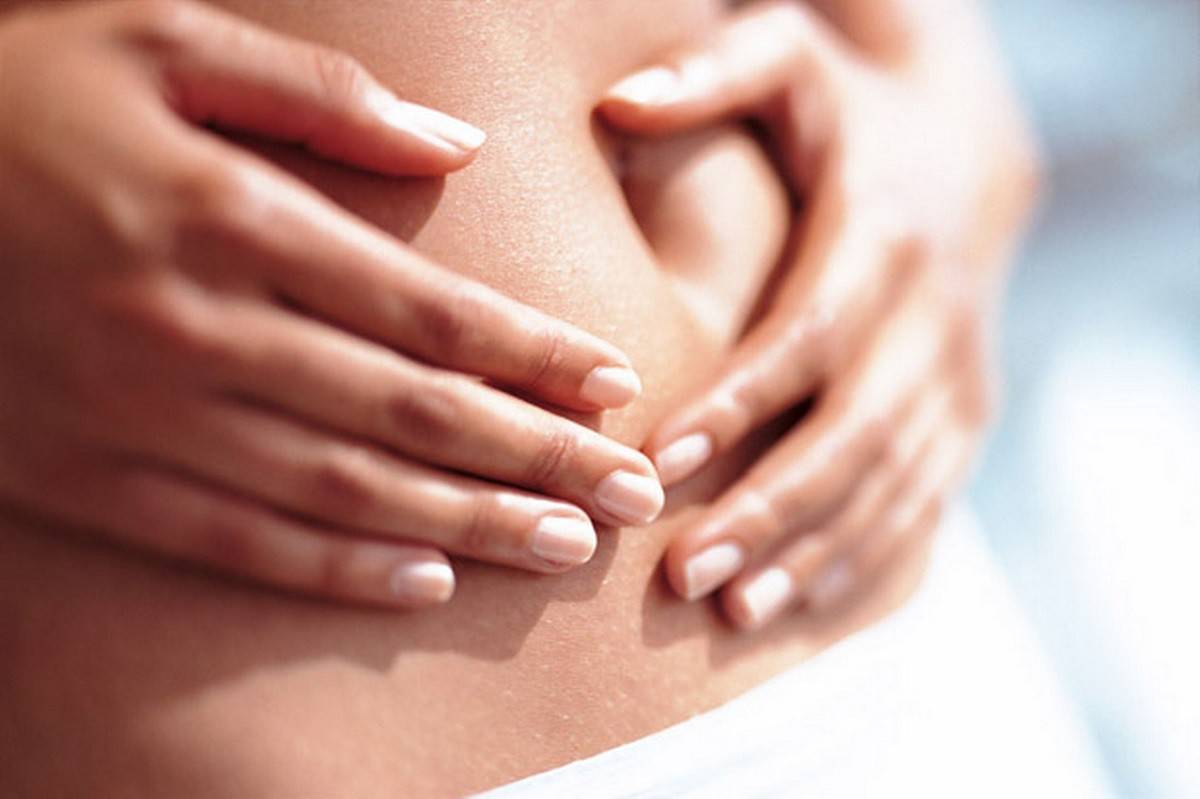The first and classic early sign of pregnancy is a late or missed period…
Whether you deliberately go out to get pregnant, or it is something totally unplanned, the signs of pregnancy are the same, excepting that in the latter case you may miss the cue because you are that anxious. No doubt many women can hardly wait to know if they are pregnant. But do you know what signs to look for? From very early after conception takes place, you may suspect that it has happened because you are seeing some changes taking place in your body. Knowing what to look for can take the anxiety out of the whole process. Although the best way to be sure is by taking a pregnancy test or a blood test, there are some early signs that may appear.
Missed Period
The first and classic early sign of pregnancy is a late or missed period. Most women miss their period when they get pregnant. This gives rise to the phrase “I’m late”. Since late or missed periods can be caused from other reasons, the best thing is to do a pregnancy test. Test kits are available at the local pharmacy and this can be done at home. The woman who is not so confident to do a test by herself may consult her doctor who will do it and discuss the result.
Changes in the Breasts
Even before a pregnancy is confirmed, the breasts may start to feel tender and somewhat sore. In addition to this, the breasts may feel fuller and heavier. Veins in the area of the breasts may also become more pronounced. The nipples are pushed out more and the areas around them tend to get darker and broader. This fullness and tenderness come as a result of rising levels of progesterone, a hormone produced in the ovaries that support the reproductive system and the womb during pregnancy. The breasts could feel fuller also because during pregnancy the body retains fluid that makes you feel bloated. At this stage, you can wear larger and more spacious bras to easy the discomfort that may be felt.
Fatigue
It is common to feel exhausted or tired early on in pregnancy. According to Kylie McConville, this change occurs because your body is ensuring that the baby has everything for its development. You will find that you are unusually sleepy even for those who found it difficult to sleep before. A woman could start to feel this way as early as one week after conceiving. Fatigue is often accompanied by mood swings, sometimes feeling the need to cry and being emotional, and at other times, being ecstatic. This is the progesterone hormone at play. It could also be partly contributed to low blood sugar, low blood pressure and a boost in blood production. You should not fight this feeling but instead take the opportunity to get more rest. Go to bed earlier and take a nap as much as is possible.
Nausea and Vomiting (Morning Sickness)
Only the lucky escape this early pregnancy symptom. Between 50% and 90% of women feel nauseous and wanting to vomit (morning sickness) in the first trimester of pregnancy. Some women start to feel a bit queasy in the stomach from as early as two weeks into their pregnancy. The problem becomes full-blown at around 6 weeks. It is not certain what exactly causes morning sickness, but it is believed to be the product of the actions of rising hormones. Note that morning sickness may also be felt in the morning, evening or at night. You can relieve nauseous symptoms by drinking diluted fruit juices, ginger tea, mint tea or a basic pregnancy tea that contains red raspberry leaves and nettles. Care should be taken with mint tea however, as it can make heartburn worse, a problem that sometimes accompanies pregnancy.
Spotting and Cramping
Pregnancy starts when the fertilized egg moves from the ovary and plants itself in the uterus or womb. You will understand that changes are going to take place as this egg attaches itself to walls of the womb. As this takes place, bleeding will occur and the woman will experience spotting. This is called “implantation bleeding” and occurs between 5 – 10 days after the egg is fertilized. As this happens also, you may feel some cramping and even consider that it is a sign of the period that you are expecting. The amount of blood in this case however is quite small and you may only notice it when you wipe after urinating. In addition to spotting, you may notice a white discharge especially after urinating. This occurs as conception takes place and the walls of the vagina become thickened. If however the discharge has a high smell, or accompanied by burning and itching, you should consult your doctor to rule out any vaginal infection.
Frequent Urination
One of the first and earliest signs of pregnancy is an increase in trips to the bathroom to urinate. For one reason, at conception there is an increase in the amount of human chorionic gonadotropin (hCG) hormone that is produced in the body stimulating the production of more estrogen and progesterone to sustain the pregnancy. More hCG hormone that is released in the urine causes your bladder to feel full faster; hence the frequent trips to the bathroom. In addition, a bigger uterus puts more pressure on the bladder and therefore the greater need to urinate.
Heightened Sense of Smell and Food Craving
Some women start to experience a heightened sense of smell from very early in their pregnancy. Certain foods, soaps, perfume and other items that were normal to use now become revolting and they cannot stand being around them. Some women can also think back to the time when they start to develop a craving especially for certain foods which was really an indication that they had not realized. Some start experiencing a metallic taste in the mouth.

